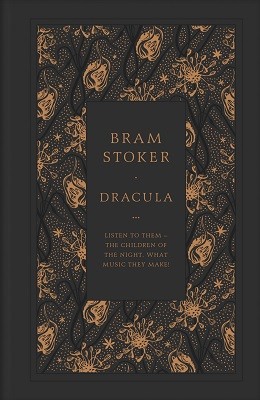Lord Lavender
Bluered Trickster
- Joined
- Oct 21, 2016
- Messages
- 5,848
- MBTI Type
- EVLF
- Enneagram
- 739
- Instinctual Variant
- so/sp
Hogwash
In the second phase of his experiment, Harlow gave half of the monkeys a raisin as a reward for opening the locks. The monkeys were quite good at opening the locks, so surely, given a reward, they would open them even faster, right? Nope. The monkeys who received raisins actually opened the locks more slowly, and with less frequency, than they did when no reward was offered. Something about the extrinsic reward interfered with their intrinsic motivation and threw them off their game (or latch, in this case).



The role of transcription factors and their effect on our genes disabuses us of one of the more popular cultural beliefs, which is that genes are the ultimate arbiters of our fate. In reality, genes are more like instruments in a grand symphony, each one waiting for the moment when the maestro will point the baton and call forth its music. Genes determine a great deal of our underlying nature, but transcription factors - the cellular maestros - are triggering our genes or keeping them quiet. The delicate virtuosity with which our cells are able to express each relevant gene - and do it at just the right moment - determines our health, and indeed our fate.
Freedom from Disease by Peter Morgan Kash, et al. The authors believe that insulin resistance is the cause of many of the major chronic diseases like obesity, metabolic syndrome, diabetes, autism, and Alzheimer's Disease. This is an excellent book on metabolic syndrome.
Lark said:What causes the insulin resistance though?
